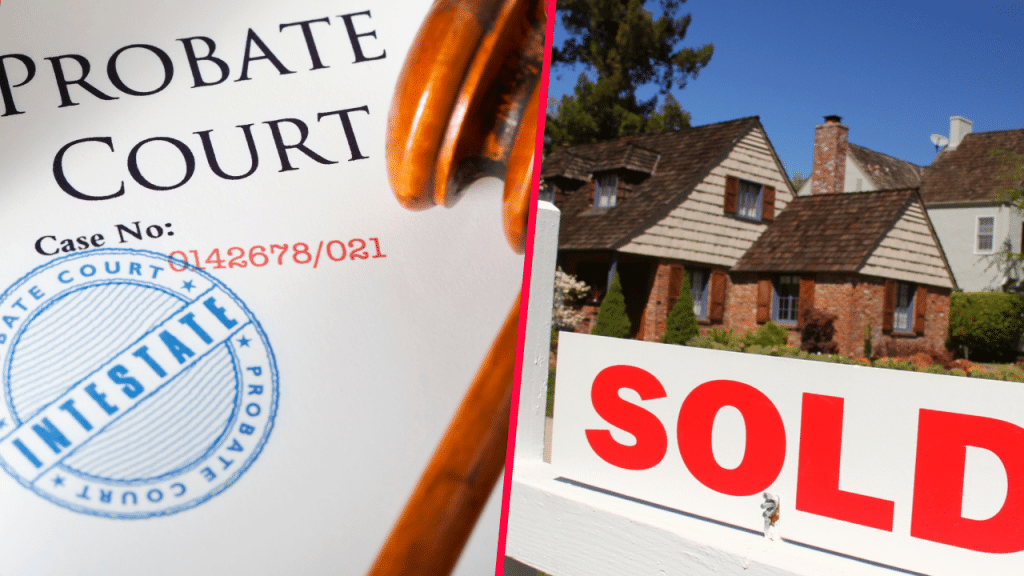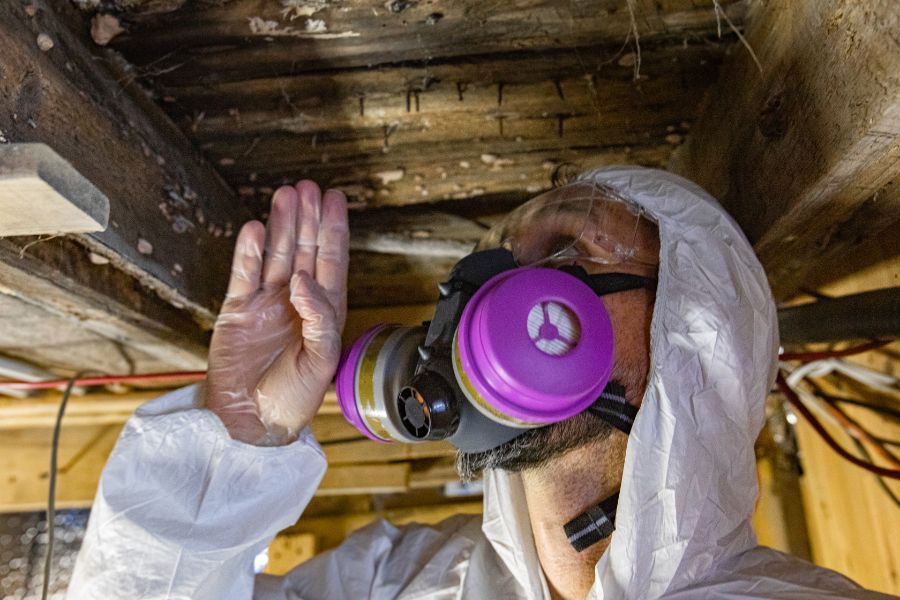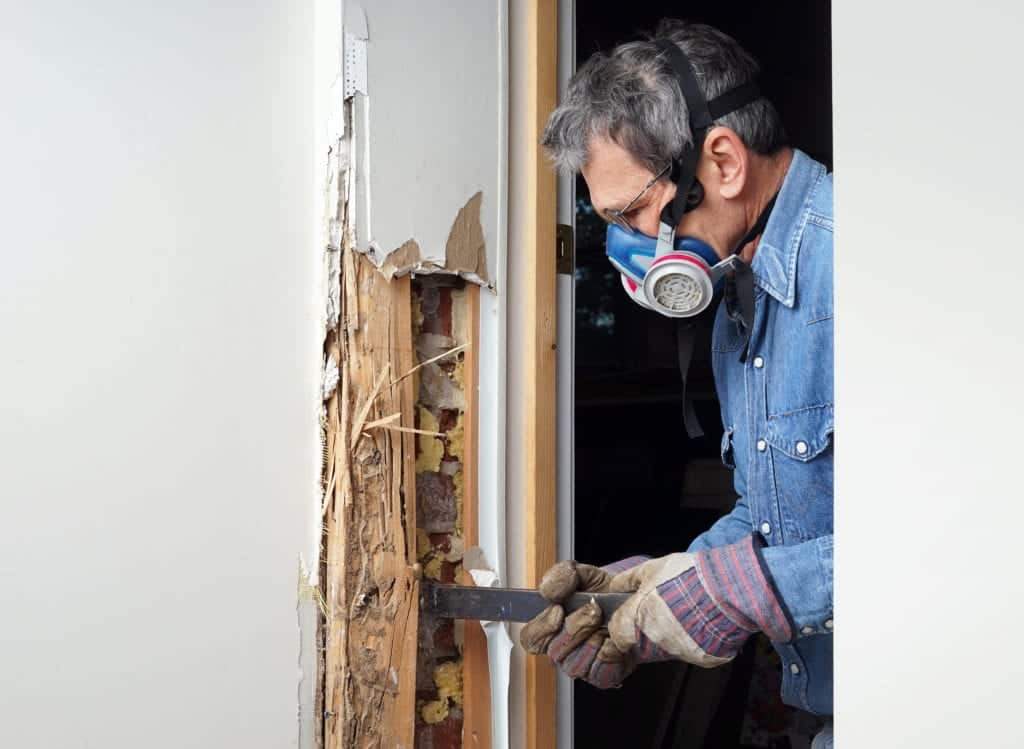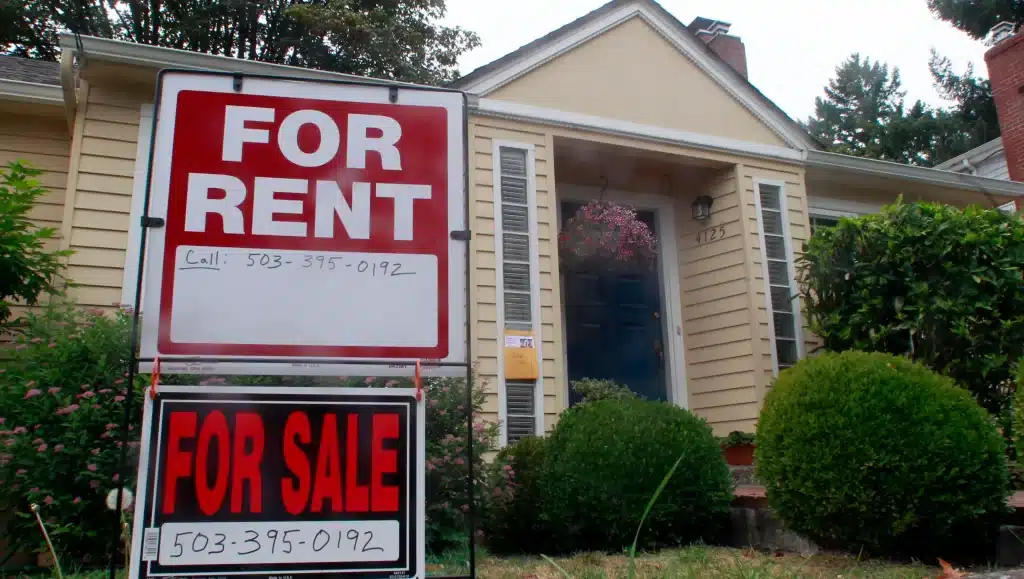Are you grappling with the passing of a loved one in San Antonio, TX, and left to handle their property? Selling a house from an estate might be on your mind, but there’s a catch: probate.
You’ve heard it can complicate things, making you wonder if it’s even possible to sell before this legal process wraps up. Probate ensures the deceased person’s debts are paid off and their assets are distributed correctly.
Here’s something that might surprise you: while selling a house during probate is generally more complex than usual sales, under certain conditions it may be done.
Our article will guide you through understanding these special circumstances and provide steps for navigating them with care for all involved parties.
Discover how professional help can make this journey smooth while respecting Texas laws and honoring your loved one’s legacy. Ready to learn more?
Keep reading!
Quick Summary
- Selling a house before probate in San Antonio, TX involves legal steps like court validation of the will and getting all heirs to agree.
- Jointly owned property or property in a trust might be sold without waiting for probate.
- Executors need to file a petition, get an appraisal, and follow Texas laws to sell during probate.
- Yes, you can sell a house before probate in San Antonio, but it often requires approval from the probate court and all interested parties involved in the estate.
- Real estate market conditions affect how fast and for how much you can sell a probate property.
- Estate debts, taxes, and legal rules must be considered carefully when selling before probate is done.

Understanding Probate and Its Role in Property Sales
Probate is the legal process of administering a deceased person’s estate, including overseeing the distribution of their assets.
In San Antonio, TX, probate plays a crucial role in property sales as it determines who has the authority to sell inherited property.
Definition and purpose of probate
Probate is a legal process where a court ensures that a deceased person’s will is valid and their property goes to the right people. It checks who inherits what and takes care of any debts or taxes.
This process makes sure each item, including houses, ends up in the hands of those meant to have it.
Courts follow specific steps during probate. First, they confirm the will’s legality if there is one. Next, they identify all property owned by the person who has passed away. Then they pay off any owed debts and taxes from estate funds.
Finally, they distribute what’s left to rightful heirs or beneficiaries.
[gravityform id=”1″ title=”true”]
Rules and Considerations for Selling Property Before Probate
When it comes to selling property before probate, there are important legal and practical considerations to keep in mind. From ownership rights to the impact on beneficiaries, navigating this process requires careful attention.
To learn more about the rules and considerations for selling property before probate is completed, continue reading our article.
Legal and practical standpoint
Selling a house before probate is completed in San Antonio, TX involves legal and practical considerations. In Texas, state regulations make it challenging to sell probate property until the process is finalized.
The title of the property remains unclear until probate concludes, affecting the ability to complete a sale. Executors must patiently navigate through the analysis of assets and determination of rightful inheritors before attempting to sell the property.
Understanding the need for validating the will in a county court is essential. This validation precedes any attempts to sell inherited property before probate completion. It’s crucial for executors and heirs to be aware that all parties involved may need to agree on selling the property during this period.
[gravityform id=”1″ title=”true”]
Key considerations
When selling a house before probate is completed in San Antonio, TX, it’s important to consider the following:
- State regulations in Texas make probate property sales more challenging to complete than traditional transactions, requiring patience as assets are analyzed and inheritors are determined.
- The will must be validated in the county court of Texas before attempting to sell the property before probate is completed.
- Understanding the probate process in Texas is essential for selling an inherited house quickly without having to make repairs or pay commissions.
- All heirs may need to agree to the sale of the property before it can proceed.

Impact on beneficiaries
Selling a house before probate is completed in San Antonio, TX can impact beneficiaries. The length of the probate process affects how quickly heirs receive their inheritance.
Additionally, the sale of the property may have financial implications for beneficiaries, including taxes and debts associated with the estate.
Beneficiaries must also be informed and involved in decisions related to selling inherited property before probate is finalized.
Their agreement or disagreement with the sale could affect the process, as all heirs typically need to approve the sale before it can proceed.
Understanding these impacts is crucial for both executors and beneficiaries involved in probate property sales in San Antonio, TX.
Exceptions and Situations Where Property May Be Sold Before Probate is Completed
In certain situations, property may be sold before probate is completed, such as if the property is jointly owned or transferred to a trust.
These exceptions can bypass the typical probate process and allow for a quicker sale of the property.
Jointly owned property
If the property is jointly owned, it may be possible to sell before probate is completed.
In Texas, joint tenancy with right of survivorship means that when one owner passes away, the property automatically transfers to the surviving owner without going through probate.
This can allow for a quicker sale of the property after the death of one owner. However, it’s crucial to understand all legal implications and consult with a professional familiar with Texas laws concerning joint ownership and probate.
Understand that in Texas, if there are multiple owners or heirs involved in joint ownership, consensus among all parties will be paramount for any decision related to selling the property before completing probate.
[gravityform id=”1″ title=”true”]
Property transferred to a trust
Transferring a property to a trust can enable it to be sold before probate is finalized in San Antonio, TX. When the property is owned by a trust rather than an individual, it may not need to go through the probate process for sale.
This can expedite the selling process and provide more flexibility in managing the estate’s assets.
Executors should consult with legal professionals familiar with trusts and estate planning to determine if this option aligns with their specific circumstances.
In some situations, transferring a property to a trust can bypass the typical probate process, allowing for quicker sale and distribution of assets.
Executors should consider this avenue carefully as part of their strategy for managing the deceased’s estate and ensuring efficient asset liquidation while complying with Texas state regulations.

Process and Implications of Selling Property During Probate
The process of selling property during probate involves petitioning the court for sale, having the property appraised, and obtaining court confirmation for the sale.
Additionally, market conditions, estate debts and taxes, as well as legal and financial implications should be carefully considered before making any decisions.
Professional guidance is crucial in navigating these complexities.
Petition for sale of real property
To sell a house before probate is completed in San Antonio, Texas, the executor or administrator of the estate must file a petition for sale of real property with the probate court.
- Begin by filing a written request to the court, explaining the reasons for selling the property before probate is finalized, taking into account factors like financial obligations and estate debts.
- Provide supporting documentation, such as a real estate appraisal or market analysis, to justify the need for an early sale and demonstrate that it will benefit the estate and its beneficiaries.
- Notify all interested parties including heirs and beneficiaries about the intended sale and obtain their consent if required by state law or as stipulated in the will or trust agreement.
- Seek court confirmation of the proposed sale after presenting a detailed plan outlining how the proceeds will be distributed among rightful heirs and settling any outstanding obligations of the estate.
- Engage legal counsel or professional advisors experienced in probate real estate sales to navigate the complexities of this process and ensure compliance with Texas laws governing such transactions.
[gravityform id=”1″ title=”true”]
Property appraisal
Before selling a house during the probate process in San Antonio, TX, an essential step is obtaining a property appraisal.
This evaluation determines the fair market value of the property, ensuring transparency and fairness in the sale process.
The appraised value plays a crucial role in obtaining court approval for the sale and provides clarity to potential beneficiaries.
Moreover, understanding the property’s true worth helps in making informed decisions about pricing and negotiating offers.
Additionally, it provides valuable information for estate planning and settling debts or taxes related to the property.

Sale and confirmation
To sell a house before probate is completed in San Antonio, TX, the process involves specific steps.
Here’s what you need to know:
- Initiate the Petition for Sale of Real Property in the county court of Texas where the estate is being probated.
- Obtain an appraisal of the property by a licensed appraiser to determine its fair market value.
- Once the property has been appraised, proceed with placing it on the market in accordance with prevailing market conditions.
- Consider any outstanding debts or taxes owed by the estate and address them prior to finalizing the sale.
- Be aware of potential legal and financial implications associated with selling property during probate, and seek professional guidance from a REALTOR familiar with probate sales in San Antonio, TX.
- Understand that all heirs may need to agree to the sale for it to proceed smoothly.
Market conditions
The real estate market conditions in San Antonio, TX can impact the sale of a house before probate is completed.
Understanding the current demand for properties and the average selling time can help you gauge how quickly you may be able to sell the inherited house.
Additionally, being aware of any fluctuations in property values and interest rates can influence your decision on when to list the house for sale.
Leveraging knowledge about market trends and property values is crucial when navigating through the probate process.
By staying informed about the local real estate market conditions, homeowners in San Antonio can make well-informed decisions regarding selling an inherited house before probate is finalized.
[gravityform id=”1″ title=”true”]
Estate debts and taxes
Estate debts and taxes are critical considerations when selling a house before probate is completed in San Antonio, TX. It’s essential to settle any outstanding debts or taxes owed by the estate before proceeding with the sale.
This ensures a smooth transfer of property ownership and helps avoid legal complications down the line.
Executors must diligently manage estate finances to cover all obligations, including outstanding bills, taxes, mortgages, and other financial commitments.
When selling property during probate in San Antonio, TX, it’s important to be aware of potential tax implications.
The real estate inheritance may be subject to capital gains tax or other taxes that could impact the proceeds from the sale.

Additional Real Estate Advice:
- Working With A Realtor To Sell Your House in San Antonio
- Tips For Selling Your House For Cash Quickly
- is Selling Your House as is a Good Idea
- How To Sell My House Fast For Cash in San Antonio
- is Now a Good Time to Sell a House
- Can You Sell a House With Termite Damage
- Moving Out of State Should I Rent or Sell My House
- is FSBO a Good Idea
- Can My Husband Sell Our Home Without Me
- Can You Sell a Property With a Lis Pendens
- Why is a Cash Offer Better When Selling a House
- Pros and Cons of Selling a House as is
- Can I Sell My House While in Foreclosure
- What is a Subject To Mortgage in Real Estate
- is it Illegal to Sell a House With Termites
- If I Sell My House Will I Lose My Food Stamps
- Sell House For Cash Pros and Cons
- is Selling Your Home by Yourself a Good Idea
- is it Better To Sell Your Home For Cash
- is Selling Your Own Home Worth it
- The Benefits of Selling a House Fast For Cash in San Antonio
- Can I Sell My House To My Friend Without a Realtor
- Why isn’t My Home Selling Faster
- When Should You Sell Your Home as is
- Is Selling Your Home and Renting a Good Idea
- is it a Good Idea to Sell My House Now
- is it Safe To Sell Your Home For Cash
- Can You Sell a House As Is Without Inspection
- is Selling Your House a Capital Gain
[gravityform id=”1″ title=”true”]
- Need To Sell My Home Fast Pros & Cons
- How Much Does it Cost To Sell a House in Texas
- Can I Sell My Parents Home With a Power of Attorney
- Can You Sell a House With Mold in Texas
- Can You Sell Your Home With Code Violations in Texas
- Can I Sell My Home and Still Live it Rent-Free
- Can You Sell a House With a Mortgage
- Top Reasons To Sell Your House Fast
- Should I Sell My House Subject To
- How To Sell Your House Fast Without a Realtor
- Can You Sell a House With Unpaid Property Taxes
- Alternative Ways To Sell A House Quickly
- Can You Sell a House Before Probate
- Top 10 Ways To Sell Your Home Quickly
- is Selling Your Home To a Real Estate Investor a Good Idea
- Is It a Good Time to Sell My House Now
- Who Buys Houses For Cash Near Me
- Paperwork For Selling a House Without a Realtor
- I Lost My Job Should I Sell My House
- Can I Refuse To Sell My House To an Investor
Legal and financial implications
Selling a house before probate is completed in San Antonio, TX can pose legal and financial implications. As an executor, understanding the laws governing probate property sales in Texas is crucial to avoid potential complications.
It’s important to consider that the process may require patience as the assets of the deceased are analyzed and rightful inheritors are determined, potentially impacting the timeline for selling the property efficiently.
Navigating through estate debts and taxes during the sale process can be complex.
Seeking professional guidance from a REALTOR specializing in probate properties or legal counsel familiar with Texas probate laws can provide essential support to ensure compliance with state regulations while maximizing financial outcomes for all involved parties.
Professional guidance
Seeking professional guidance from a REALTOR familiar with probate sales in San Antonio, TX can alleviate complexities.
A specialized REALTOR can assist in understanding the legal requirements and procedural steps for selling property before probate is completed.
Their expertise will streamline the process, ensuring compliance with state regulations, while working to expedite the sale of the inherited property.
Engaging an experienced and knowledgeable REALTOR specialized in probate sales can provide invaluable support to navigate the nuances of selling a house before probate is finalized.
Navigating through the intricacies of selling a house before probate completion necessitates expert assistance.
A proficient REALTOR well-versed in local probate laws will guide you through validating the will, obtaining necessary affidavits, and facilitating communication among heirs where required.
In Conclusion
Selling a house before probate is completed in San Antonio, TX presents challenges due to unclear title and state regulations. As an executor, patience is crucial as the assets are analyzed and rightful inheritors determined.
Understanding the probate process is essential for a quick sale without repairs or commissions.
Seeking professional guidance from a probate REALTOR can facilitate timely estate liquidation while avoiding extra attorney fees.
The property must undergo probate before being sold, and agreement among heirs may be necessary for pre-probate sales in Texas.
[gravityform id=”1″ title=”true”]

FAQs about can you sell a house before probate
1. What is probate and can I sell a house in San Antonio before it’s done?
Probate is the process of estate settlement after someone dies. In San Antonio, TX, you usually need to wait until probate is completed to sell a house.
2. What does an executor do when selling a house during probate?
An executor of estate manages the deceased person’s property. If they decide to sell the house during probate, they have specific duties such as handling the sale and making sure rules are followed.
3. Is there any way to skip probate when selling a house in San Antonio?
Sometimes, if you use an affidavit of heirship that shows who inherits the house, you might be able to sell without waiting for all of probate in San Antonio, TX.
4. What if I don’t have Grant of Probate yet but want to sell the house quickly?
Without a Grant of Probate proving who owns the estate, selling a house quickly will be hard because it proves your right to handle property in San Antonio.
Cash For Houses San Antonio?
We Pay Cash For Houses in San Antonio Regardless of Condition, Location, or Price!
Get a cash offer for your San Antonio home by filling out the short online form below.
Our team of savvy real estate problem-solvers is here to guide you through our fast home selling process and give you a fair offer on your home!
[gravityform id=”1″ title=”true”]





























